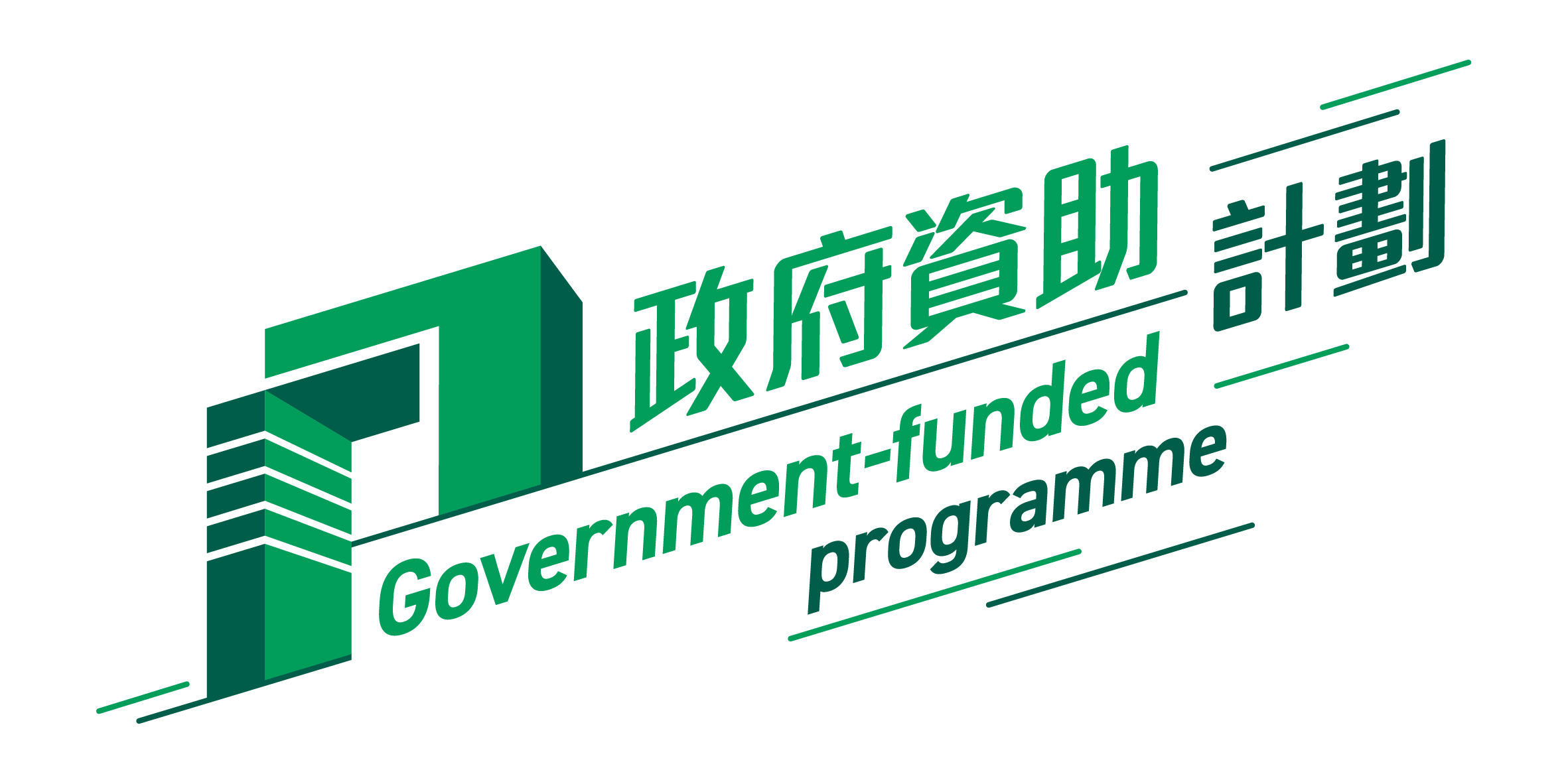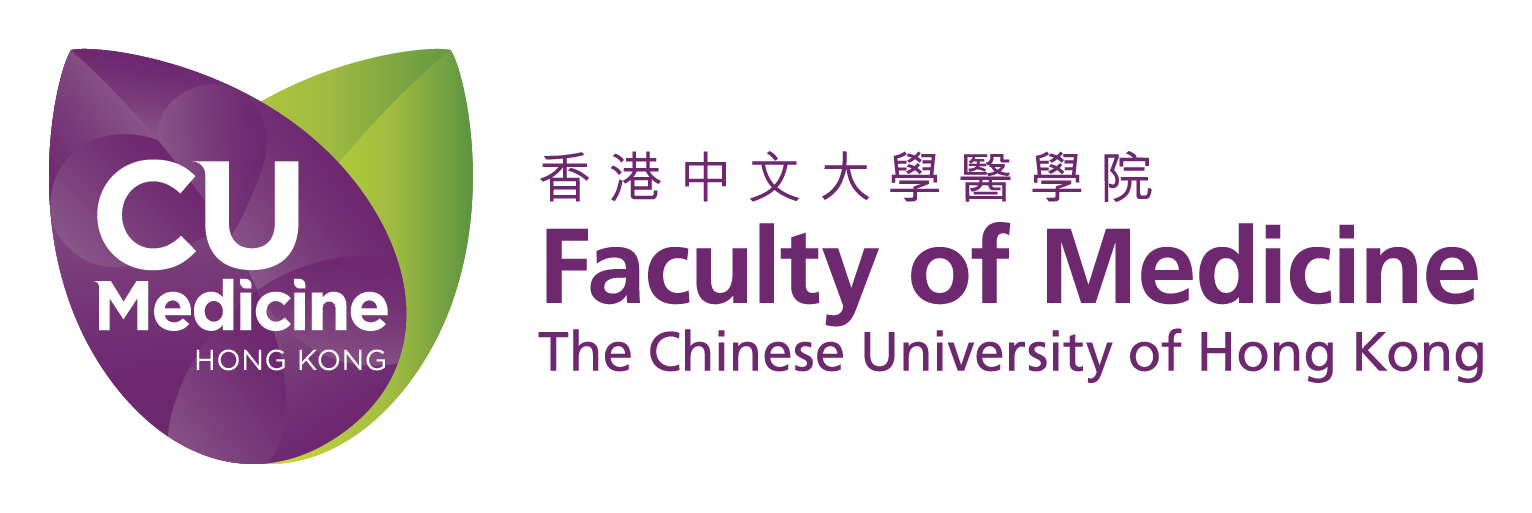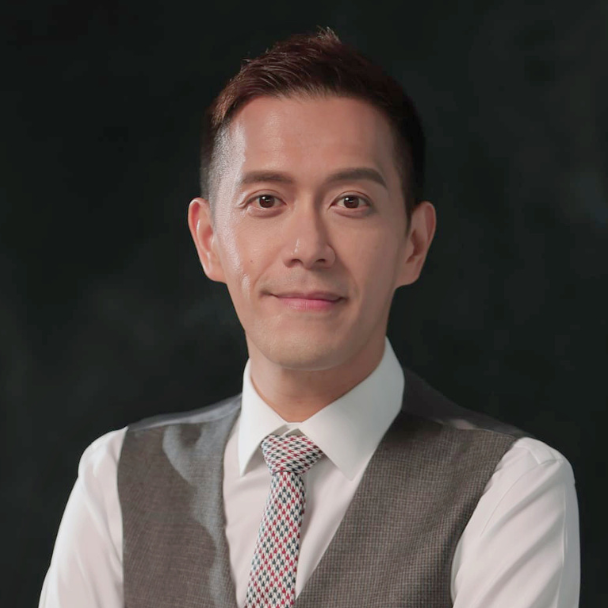Master of Science in Speech-Language Pathology
|
|
Master of Science in Speech-Language Pathology is the first postgraduate programme in Hong Kong offered by Faculty of Medicine of a recognized University to enable graduates to be qualified speech therapists.
Programme Highlights:
|
|
Motto Since the establishment in 1981, CU Medicine has always been committed to making a difference to the world by improving people’s health through advancing health care, medical education and research. The motto “Transforming Our Passion into Perfection” highlights our determination to strive for the best to benefit patients and society at large. Our team believes that the motto is more than just words. It is grounded in three guiding pillars:
Together, these pillars ensure that our work consistently reflects our passion, refined into its highest form. Accreditation and Registration Speech Therapist Profession under “The Accredited Registers Scheme for Healthcare Professions”
Graduates are expected to be qualified speech therapists meeting international standards.
Graduates will have attained the following learning outcomes:
The programme is offered in full-time study mode which covers a normal period of two academic years.
Programme Director
Assistant Professor & Chief, Division of Speech Therapy Professor LAW is an Assistant Professor and Chief of Division at the Division of Speech Therapy, Department of Otorhinolaryngology, Head and Neck Surgery. He was once the Programme Leader and Clinical Director of the MSc SLP programme. Professor LAW has worked with children and adults who stutter for more than 15 years. He teaches fluency disorders at several universities in Hong Kong and is a frequent speaker on stuttering-related professional development events. He completed his PhD at the Australian Stuttering Research Centre, The University of Sydney. His research focuses on the topography and linguistics features of stuttering.
Teaching Format
Assessment
|
DETAILS
Study Scheme
Credit Unit Requirements for Graduation
Academic Year 2026-2028
Core courses: 60.5 units
Elective courses: 6 units
Course List
Academic Year 2024-2026
Core Courses
|
Code |
Course Title |
Unit |
|
SLPA5101 |
Professional Development and Ethics I |
1 |
|
SLPA5102 |
Professional Development and Ethics II |
1 |
|
SLPA5103 |
Evidence Based Appraisal for Speech Language Pathology I |
2 |
|
SLPA5104 |
Evidence Based Appraisal for Speech Language Pathology II |
1 |
|
SLPA5105 |
Test Development & Assessment Approaches |
2 |
|
SLPA5106 |
Anatomy and Physiology of Speech, Language and Hearing |
3 |
|
SLPA5201 |
Fluency Disorders |
3 |
|
SLPA5202 |
Voice and Laryngeal Disorders |
3 |
|
SLPA5203 |
Acquired Neurogenic Communication Disorders |
4 |
|
SLPA5204 |
Multimodal Communication |
3 |
|
SLPA5205 |
Language Disorders from Infancy to Adolescence I |
3 |
|
SLPA5206 |
Language Disorders from Infancy to Adolescence II |
1 |
|
SLPA5207 |
Speech Sound Disorders |
3 |
|
SLPA5208 |
Craniofacial Anomalies |
1.5 |
|
SLPA5209 |
Aural Rehabilitation and Audiology |
3 |
|
SLPA5210 |
Dysphagia |
3 |
|
SLPA5211 |
Dysphagia (II) |
1 |
|
SLPA5212 |
Paediatric Feeding and Swallowing Disorders |
1 |
|
SLPA5220 |
Complex Case Management in Speech-Language Pathology |
2 |
|
SLPA5300 |
Introduction to Work Integrated Learning and Clinical Practice |
1 |
|
SLPA5301 |
Work Integrated Learning and Clinical Practice I |
1 |
|
SLPA5302 |
Work Integrated Learning and Clinical Practice II |
2 |
|
SLPA5303 |
Work Integrated Learning and Clinical Practice III |
2 |
|
SLPA5304 |
Work Integrated Learning and Clinical Practice IV |
2 |
|
SLPA5305 |
Work Integrated Learning and Special Clinic I |
1 |
|
SLPA5306 |
Work Integrated Learning and Special Clinic II |
1 |
|
SLPA5401 |
Phonetics and Phonology for Speech-Language-Pathology |
3 |
|
SLPA5402 |
Syntax and Semantics for Speech-Language-Pathology |
3 |
|
SLPA5403 |
Language Acquisition for Speech-Language-Pathology |
3 |
|
SLPA5500 |
Clinical Research |
6 |
Elective Courses
|
SLPA5601 |
Special Topics in Speech-Language-Pathology |
3 |
|
SLPA5602 |
Special Topics in Speech-Language-Pathology |
3 |
|
SLPA5603 |
Special Topics in Speech-Language-Pathology |
3 |
|
SLPA5604 |
Special Topics in Speech-Language-Pathology |
3 |
|
SLPA5605 |
Special Topics in Speech-Language-Pathology |
2 |
|
SLPA5606 |
Special Topics in Speech-Language-Pathology |
1.5 |
|
SLPA5607 |
Special Topics in Speech-Language-Pathology |
1.5 |
|
SLPA5608 |
Special Topics in Speech-Language-Pathology |
1 |
Clinical Placement
The Programme prepares and trains students to become entry-level speech-language pathologists who are capable of practicing and providing speech language pathology service across different settings and clinical populations. To this end, we aim to provide the widest possible exposure in terms of variety of practice settings and clinical populations throughout the student’s clinical education. Each student must undergo at least 300 hours of clinical placement for graduation.
To encourage the integration of theory into practice, the sequence of the programme’s clinical education follows the curriculum of academic studies. The clinical curriculum also facilitates the students’ progression on several domains: clinical competencies, clinical population, range of practice areas, and independency. The seven work integrated learning and clinical placements highlight the different populations and range of practice areas, in line with the course timetable of the MSc-SLP curriculum. Each of the placements will have new component(s) added to enhance the accumulative learning process.
In addition, to ensure progressive development of clinical competencies, whilst accounting for transferability of clinical skills, clinical populations that have already been introduced into the clinical curriculum will remain in subsequent work integrated learning and clinical placements.
A progression of independence in clinical management is also facilitated within the clinical curriculum. Students start by working in groups and progressively increase their independence towards later placements. At the final work integrated and clinical placement, students are expected to work independently except for clinical areas that may require clinical competency beyond entry-level skills and/or clinical populations that the students may not have encountered previously.
The master’s programme evaluates clinical placement performance using a three-tier approach designed to ensure students are ready for professional practice and meet international and local competency standards.
1. Pre-Placement Assessment – Objective Structured Clinical Examination (OSCE)
Before starting most clinical placements, students must pass the OSCE. This multi-station, objective assessment tests pre-clinical competence through direct observation, structured marking, and tasks such as case history taking, clinical skill demonstrations, data interpretation, and practical procedures. Standardized patients may be used to simulate real clinical scenarios. Passing the OSCE is a prerequisite for the placement, confirming the student’s readiness.
2. Clinical Competency Framework – CBOS
During placement, performance is assessed against the Competency-Based Occupational Standards (CBOS), developed by the Speech Pathology Association of Australia and adapted for Hong Kong. CBOS outlines the minimum skills and professional standards expected of entry-level speech-language pathologists across communication and swallowing domains. It covers multiple professional contexts—advocacy, clinical services, consultation, education, prevention, and research—and ensures cultural and contextual relevance for Hong Kong practice. “Entry level” is defined as the standard expected upon graduation from a recognized Hong Kong programme, before employment as a speech-language pathologist, or within the first 12 months of local practice.
3. Placement Performance Assessment – COMPASS®
The programme uses COMPASS®, a validated, competency-based assessment tool, to measure placement performance. It evaluates two sets of interrelated competencies:
- Generic Professional Competencies – Reasoning, Communication, Lifelong Learning, Professionalism.
- Occupational Competencies (CBOS Units) – from assessment and analysis to planning, implementation, service management, professional supervision, and reflective practice.
Assessments occur twice per placement:
- Mid-Placement (formative) – Detailed ratings of all competency units with feedback discussion between student and clinical educator.
- End-Placement (summative) – Briefer final ratings reflecting competency at the conclusion.
Competence is recorded on visual analogue scales within the online COMPASS® system. To pass, students must demonstrate satisfactory performance in both professional and occupational competency areas.
Community Capacity Building (CCB) Project
Community Capacity Building (CCB) Placement is a component under SLPA5305 Work Integrated Learning and Special Clinic I, which is organized in a more condensed and intense format. Students are required to fulfill 30 clinical hours in this placement, they will work in groups and will have to produce a report at the end of placement. The placement will be held in Mainland China or elsewhere.
Application
Tuition Fee
Academic Year 2026-2028: HK$ 550,000 (in 4 installments, thus HK$ 137,500 per term, subject to the University’s approval)

Future Talents Scholarship Scheme for Advanced Studies (FTSS)
The programme is supported by the UGC’s Hong Kong Future Talents Scholarship Scheme for Advanced Studies for the 2026-27 intakes for selected local students. Please refer to the Hong Kong Future Talents Scholarship Scheme for Advanced Studies for more details.
Admission Requirements
Academic Qualification
Applicants shall have:
- graduated from a recognized university and obtained a bachelor’s degree, normally with honours not lower than Second Class or achieving an average grade of not lower than “B”; or
- completed a course of study in a tertiary educational institution and obtained professional or similar qualifications equivalent to a bachelor’s degree.
Those who expect to obtain a Bachelor’s degree in the current academic year may also apply for admission.
English Language Proficiency
Please refer to the Graduate School’s website for details:
Website: https://www.gs.cuhk.edu.hk/page/EntryRequirements
Chinese Language Proficiency
Applicants are expected to be proficient in Chinese (Cantonese and Putonghua) for communication purposes.
Interview
Applicants are normally required to attend an interview.
Application Procedures
Online Application via https://www.gs.cuhk.edu.hk/admissions/programme/medicine#msc-in-speech-language-pathology
(Faculty of Medicine > SPEECH-LANGUAGE PATHOLOGY)
Information Session
Three information sessions will be conducted from October to December 2025. The sessions would cover programme curriculum, students and graduates sharing, and admission procedures, etc.
Session 1:
Date: 27 October 2025 (Mon)
Time: 19:00-21:00
Language: Cantonese and English
Venue: LT2, Sino Building (SB), The Chinese University of Hong Kong
Session 2:
Date: 11 November 2025 (Tue)
Time: 19:00-21:00
Language: Cantonese and English
Venue: LT4, Lee Shau Kee Building (LSK), The Chinese University of Hong Kong
Session 3:
Date: 6 December 2025 (Sat)
Time: 14:00-16:00
Language: Cantonese and English
Venue: LT5, Yasumoto International Academic Park (YIA), The Chinese University of Hong Kong
Registration: https://cloud.itsc.cuhk.edu.hk/webform/view.php?id=13715385
More updates of the programme will be announced through the official Facebook page of Division of Speech Therapy: https://www.facebook.com/CUHKSTAud
Contact Us
Address: MSc in Speech-Language Pathology
Room 303, Academic Building No.2, The Chinese University of Hong Kong
Tel: (852) 3943 9609/ 3943 9607
Fax: (852) 3942 0969
Email: rinato@cuhk.edu.hk / edmondsuen@cuhk.edu.hk









